
Human rights are rights inherent to all human beings, regardless of race, sex, nationality, ethnicity, language, religion, or any other status. Human rights include the right to life and liberty, freedom from slavery and torture, freedom of opinion and expression, the right to work and education, and many more
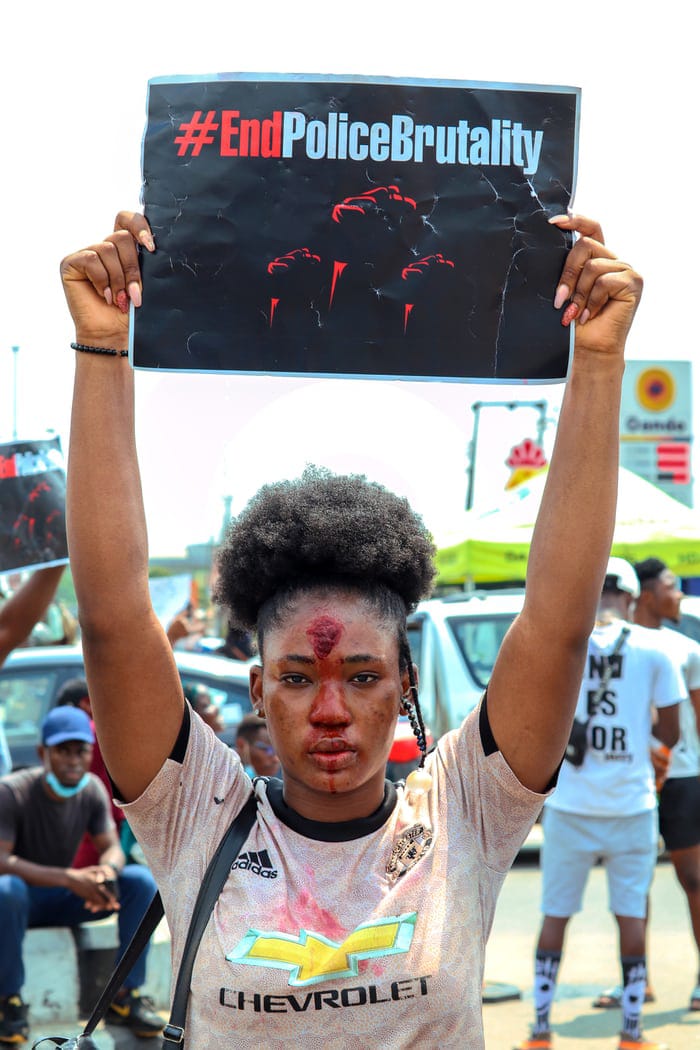
Human rights form the backbone of a just society, and their protection enables individuals and collectives to pursue their desired ends.
Yet human rights are too frequently disregarded or revoked when politically expedient or viewed as obstacles to political, environmental, and economic objectives.
A just rule of law protects and enforces fundamental rights--the right to life and security of person; freedom of thought, religion, and expression; freedom of assembly and association; fundamental labor rights; the right to privacy; equal protection of the law; and due process of law

Our programs seek to provide lasting solutions to human rights abuses in our community by strengthening people's voices and giving them resources to fight for their rights
About Us
The goal of CHRD is to strengthen the capacity of grassroots based human rights organizations and institutions to use a human rights-based approach (HRBA) to advance gender equality and human rights through human rights education, with the purpose of building a global culture of human rights.
To this end, our programs places a strong emphasis on the transfer of practical learning and on follow-up activities with activists.

"A right delayed is a right denied." - Martin Luther King, Jr.
Our Programs


Police brutality
The abuse and misuse of policing power has most often been seen during arrests, but also when officers are called in to stop protests or resolve disputes. Brute force has led to the loss of too many Kenyan lives and left many maimed for life.
Successive regimes have attempted to institute reforms to address this impunity, but with little success.
Policing agencies continue to use excessive force on the poor and vulnerable. In some cases, rogue officers obstruct operations of oversight authorities.
Despite efforts to rein in police excesses, complaints against officers continue to rise. A lack of robust accountability structures within policing agencies, and political interference in the operations of policing have fuelled and entrenched impunity. As a result, arbitrary arrests and extrajudicial killings are common occurrences.
In 2010, as Kenya got a new constitution, it set out the functions of a National Police Service in Article 244. The service is expected to strive for the highest standards of professionalism and discipline, prevent corruption, and promote and practise transparency and accountability
A recent report showed that cases filed against officers increased from 594 in 2012 to 3,583 in 2021. Of these cases from last year, 36.1% had to do with allegations of police assault, 30.6% were about shootings that caused harm, while 22% involved the deaths of victims. Most of these cases are yet to be resolved.

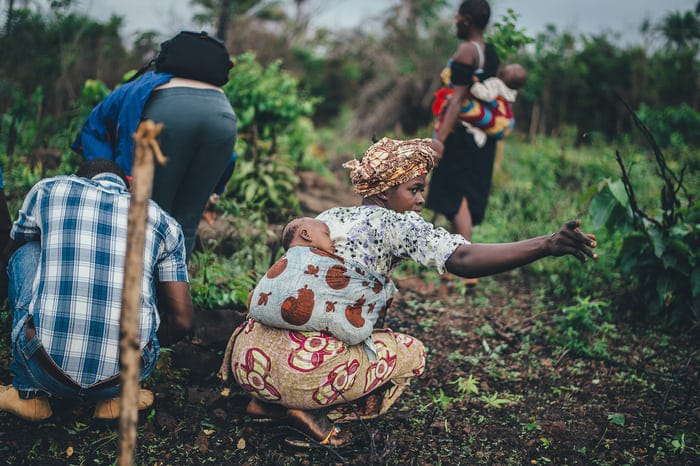
Food security
Food insecurity remains a major concern for numerous rural households in Sub-Saharan Africa who rely on agriculture as their main source of livelihood. The assessment of the links between food security and livelihoods is central for overcoming widespread food insecurity. However, assessments remain challenging due to food security's multi-dimensionality and the challenge of finding indicators that are comparable and applicable to various contexts. This study addresses this challenge by adapting a food security index (FSI) and uses it to assess the livelihood drivers of food security
Access to quality, nutritious food is fundamental to human existence. Secure access to food can produce wide ranging positive impacts, including:
- Economic growth and job creation
- Poverty reduction
- Trade opportunities
- Increased global security and stability
- Improved health and healthcare
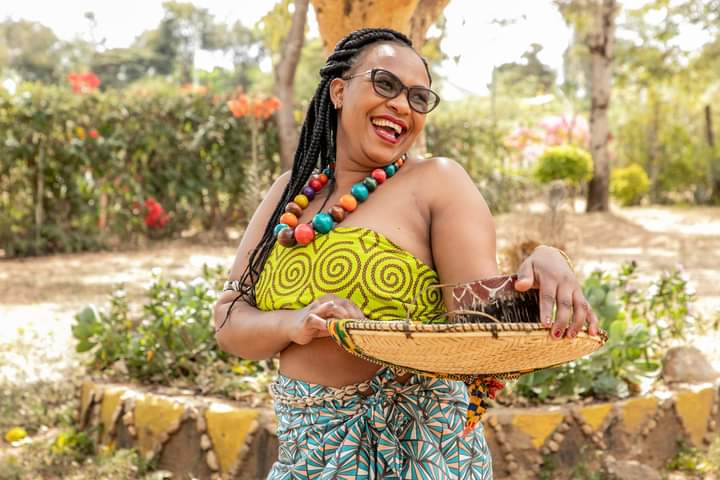

Women rights
Women’s limited participation in the social, economic and political processes in Kenya is majorly a factor of the historical patriarchal nature of the society. They are therefore faced with both systemic and cultural challenges in their bid to contribute to the County or National development agenda. Discriminatory social norms and gender stereotypes continue to be entertained in both formal and informal institutions thereby hindering progress towards gender equality. A case in point is in the unequal participation and representation of women in political process, which has been informed by biased customs and stereotypes.
Women’s enjoyment of economic rights is also limited by the unequal distribution of resources, and limited access to factors of production, such as land and financial capital. There has been a positive shift in the social norms and practices that used to limit women’s access to education and their enjoyment of the right to employment and adequate standards of living. The challenge arises when the educated girls become women, and their ambitions of participating in leadership positions are blocked despite the fact that they are qualified.
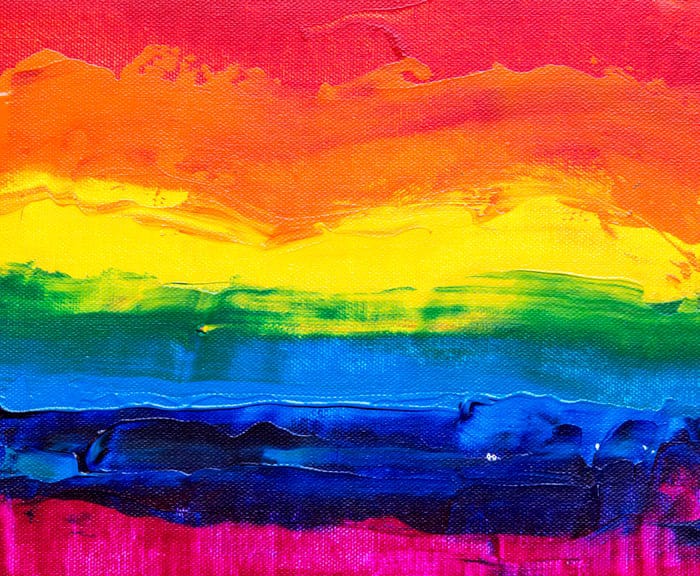

LGBTQ rights
Same-sex sexual activity is prohibited under the Penal Code 1930, which criminalises acts of ‘gross indecency’ and ‘carnal knowledge against the order of nature’. These provisions carry a maximum penalty of fourteen years’ imprisonment. Only men are criminalised under this law.
The law was inherited from the British during the colonial period, in which the English criminal law was imposed upon Kenya. Kenya retained its colonial-era penal code upon independence and continues to criminalise same-sex sexual activity today.
There is some evidence of the law being enforced in recent years, with LGBT people occasionally being subject to arrest under the criminalising provisions, though reports suggest that police more often use laws criminalising ‘loitering’, ‘solicitation’, and ‘impersonation’ to arrest LGBT people. There have been consistent reports of discrimination and violence being committed against LGBT people in recent years, with high-profile attacks against LGBT refugees in Kakuma Refugee Camp.
Our Gallery

Police Brutality
View more
Women’s Rights
View more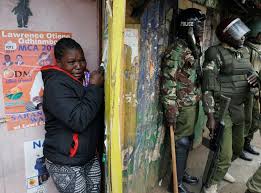
Police Brutality
View more
Women’s Rights
View more
police Brutality
View more
LGBTQ Rights
View more
Food security
View more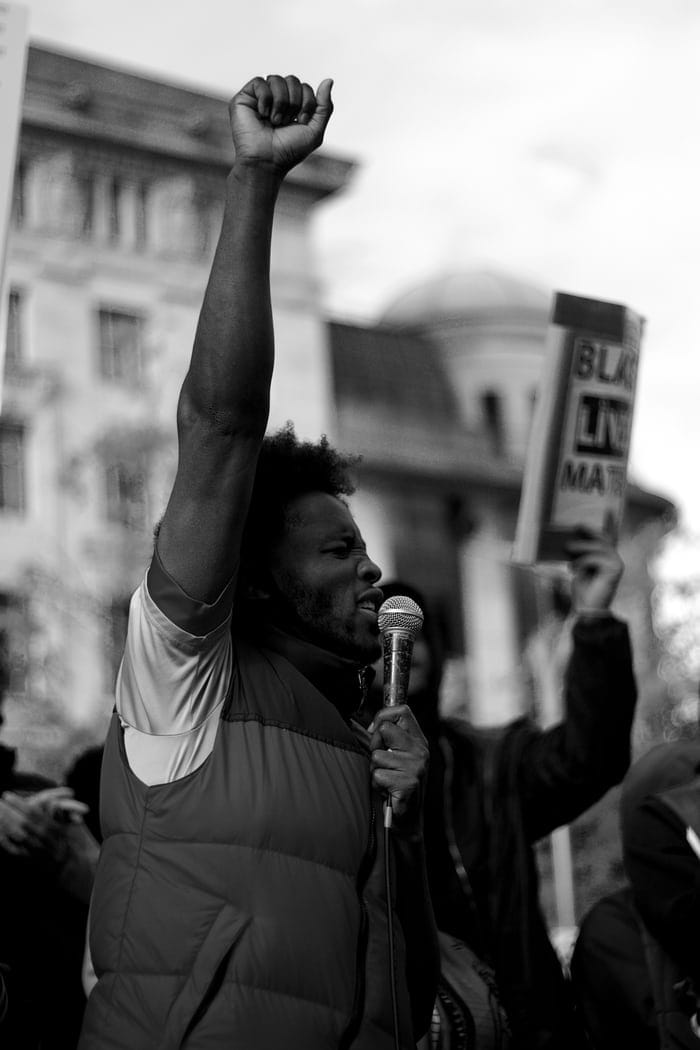
Police Brutality
View more
Women’s Rights
View more
Food security
View more
LGBTQ Rights
View more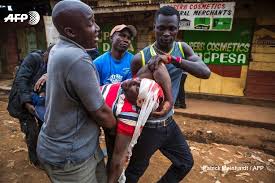
Police Brutality
View more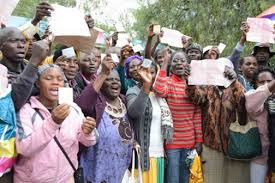
Women’s Rights
View more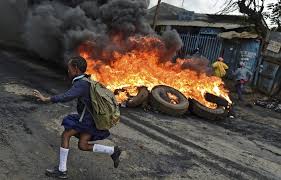
Police Brutality
View more
Police Brutality
View more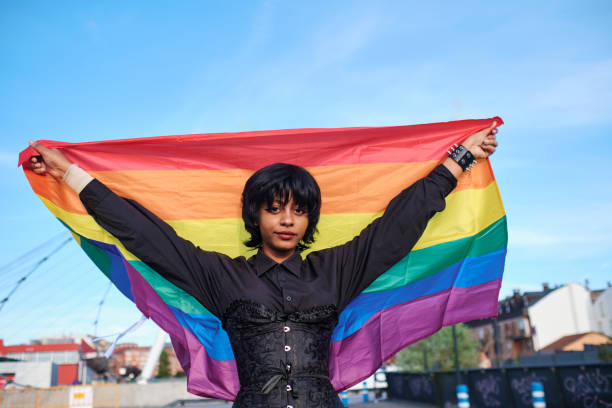
LGBTQ Rights
View more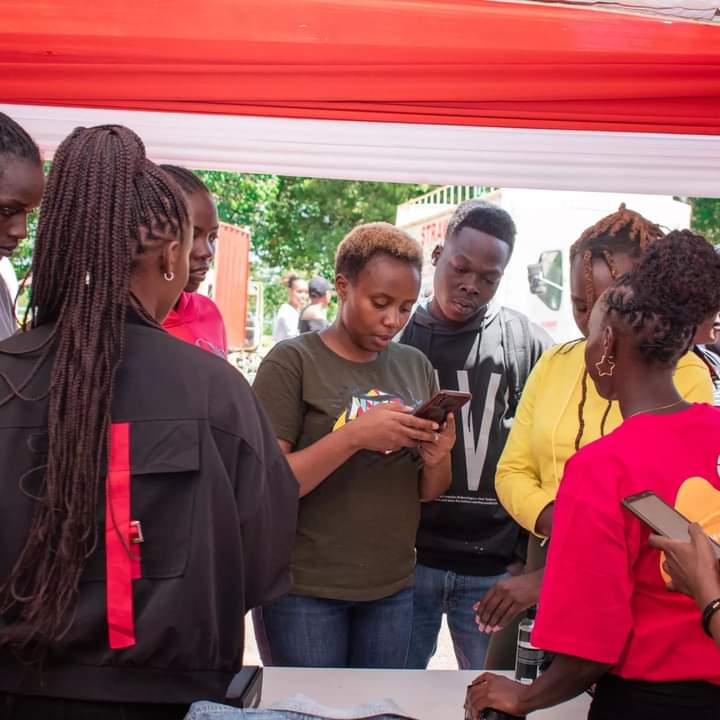
Women’s Rights
View more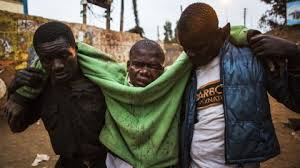
Police Brutality
View more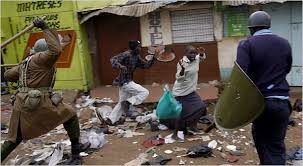
Police Brutality
View more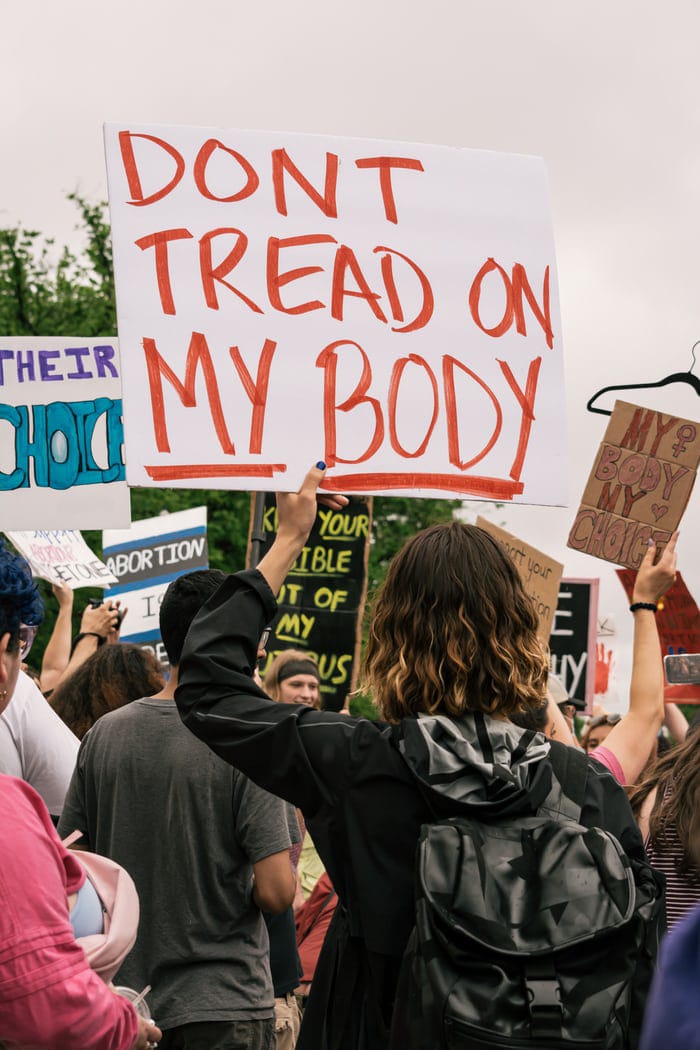
Women’s Rights
View more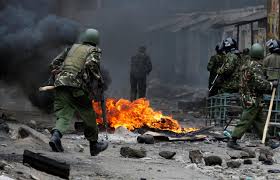
Police Brutality
View more
Women’s RIghts'
View more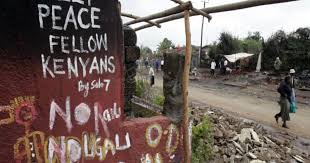
Police Brutality
View more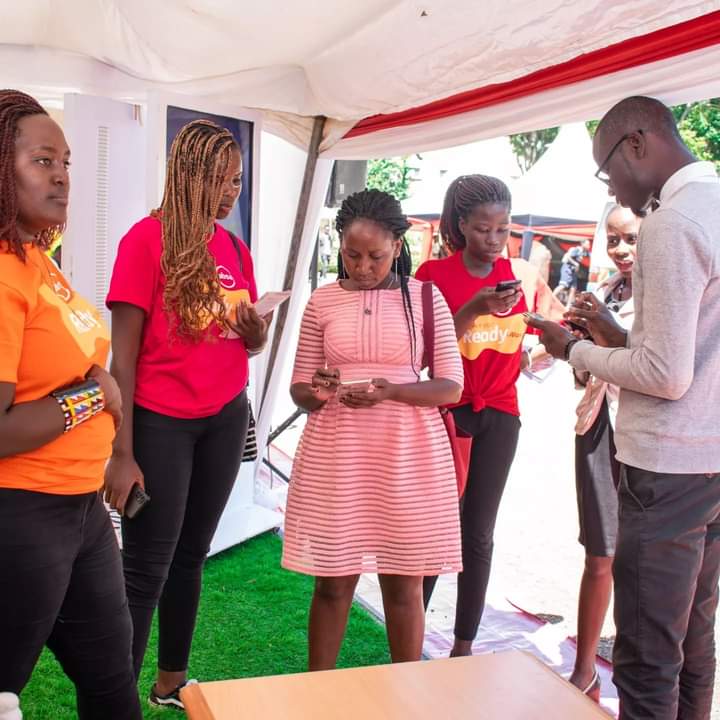
Women’s Rights
View more
LGBTQ Rights
View more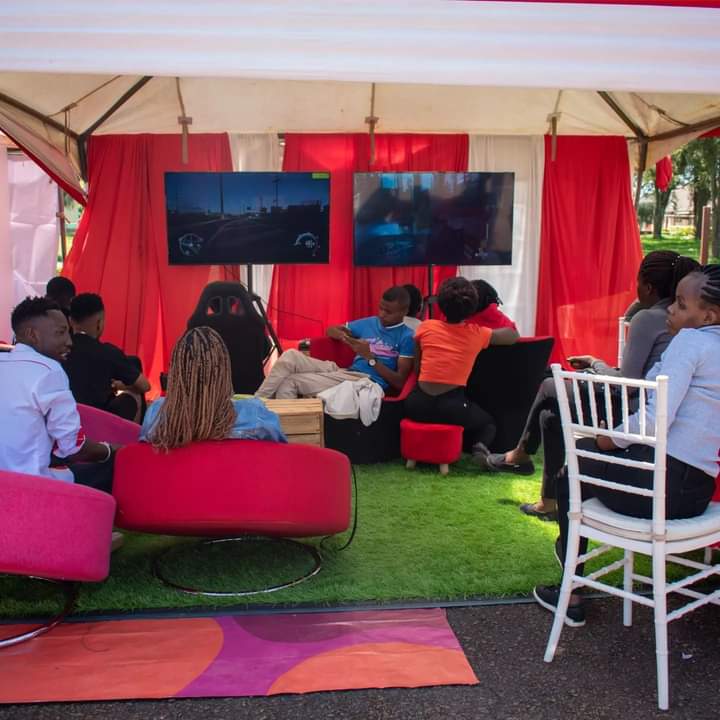
Women’s Rights
View more
Police Brutality
View more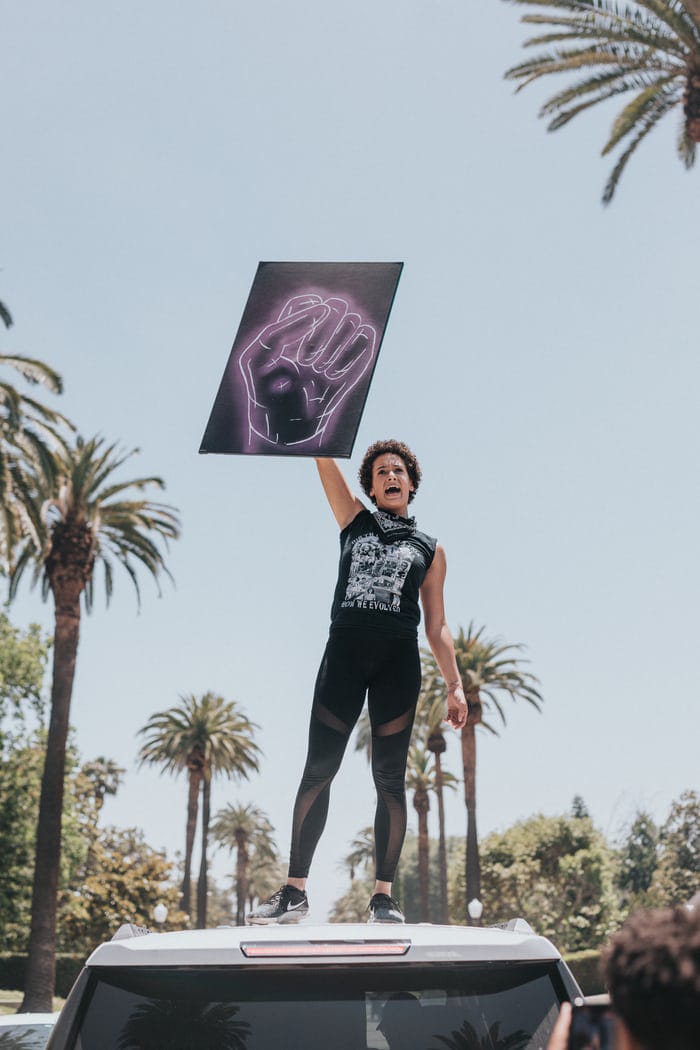
Women’s Rights
View more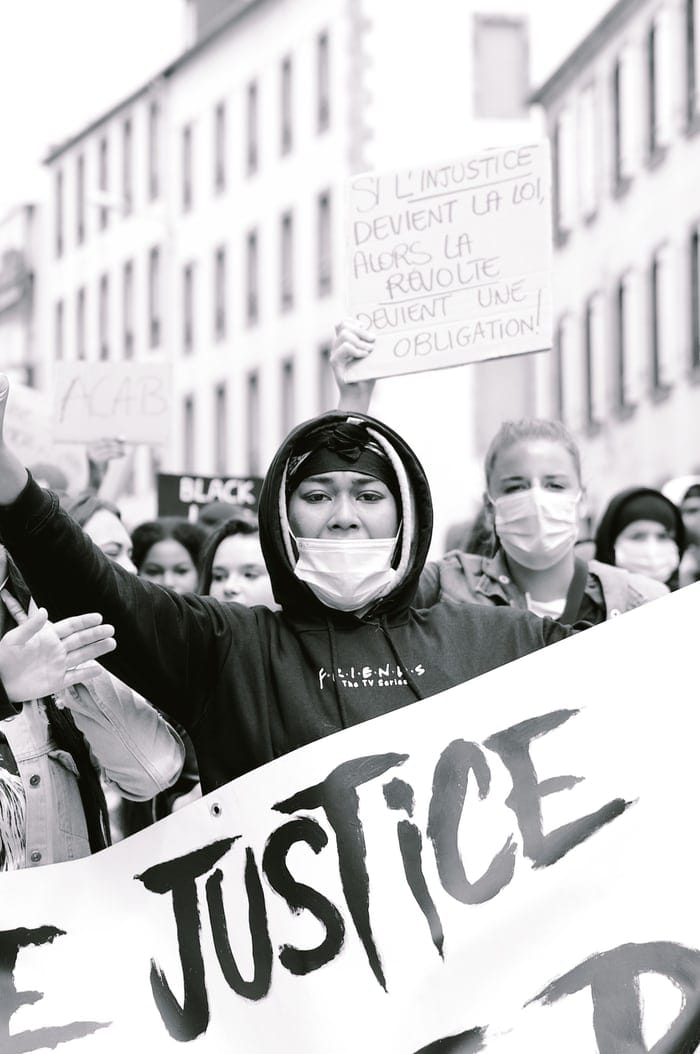
Police Brutality
View more
Police Brutality
View more